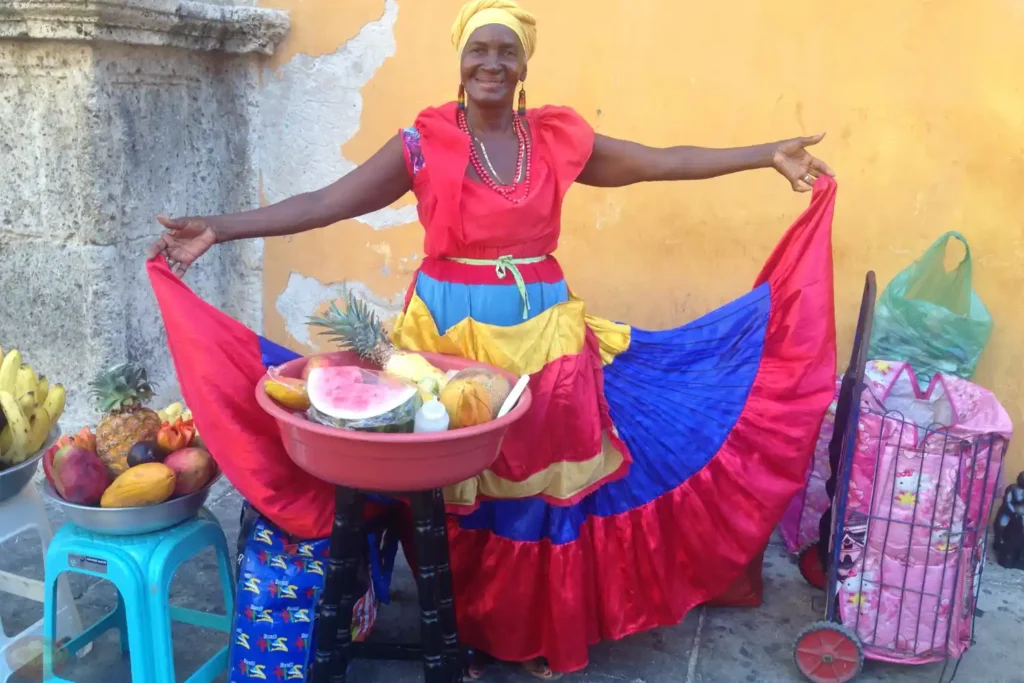The global dining landscape has evolved significantly, with vegan options becoming increasingly sophisticated and widespread. Understanding how to navigate various cuisines and communicate dietary requirements effectively can transform the dining experience for plant-based travelers. This comprehensive guide provides essential insights for enjoying exceptional vegan meals across different cultural and culinary contexts.
Understanding Cultural Approaches to Vegan Dining
Different cultures approach plant-based cooking through distinct culinary lenses. Mediterranean cuisines often excel in vegetable-forward dishes, while Asian traditions frequently incorporate tofu and tempeh. Understanding these cultural foundations enables more informed dining choices and enriches the travel experience through food.
Communication Strategies
Effective communication with restaurant staff remains crucial for ensuring satisfactory vegan dining experiences. Learning key phrases in local languages, understanding common cooking methods, and identifying potential hidden animal ingredients helps prevent misunderstandings and ensures truly vegan meals.
Fine Dining Considerations
The landscape of vegan fine dining has evolved considerably, with prestigious restaurants increasingly offering sophisticated plant-based menus. Making reservations well in advance and communicating dietary requirements during booking helps ensure an optimal experience. Many establishments now offer dedicated vegan tasting menus that showcase the heights of plant-based culinary creativity.
Casual Dining Solutions
Fast-casual and informal dining venues increasingly accommodate vegan preferences. Chain restaurants often maintain standardized vegan options, while independent establishments may offer greater flexibility in customizing dishes. Understanding menu modification possibilities and common substitutions facilitates satisfying meals in various settings.
Hidden Ingredients Awareness
Certain cuisines frequently incorporate animal products in seemingly vegetable-based dishes. Fish sauce in Southeast Asian cuisine, dairy in Indian dishes, and animal-based broths in many cultures require particular attention. Developing awareness of these common ingredients enables more informed ordering decisions.
Technology and Resources
Modern technology provides valuable tools for vegan travelers. Restaurant review platforms, specialized vegan apps, and social media communities offer current information about vegan-friendly establishments worldwide. These resources help identify suitable dining options and provide insights into others’ experiences.
Exploring World Cuisines: A Vegan Traveler’s Guide
Category: Vegan Travel and Dining
[Suggested Image 1: Stunning photo montage of various international vegan dishes, highlighting the diversity of global plant-based cuisine]
For the vegan traveler, exploring world cuisines offers an extraordinary opportunity to experience cultural diversity through food. Each region presents unique approaches to plant-based cooking, with traditional dishes and modern innovations creating memorable dining experiences. This guide explores how to navigate and appreciate global cuisines while maintaining vegan principles.
Regional Culinary Strengths
Understanding regional specialties and traditional plant-based dishes enables more rewarding travel experiences. Mediterranean regions excel in vegetable-based appetizers and main courses, while East Asian cuisines offer sophisticated meat alternatives and innovative cooking techniques.
[Suggested Image 2: Map highlighting different regions and their signature vegan dishes, with professional food photography examples]
Traditional Vegan Dishes
Many traditional dishes across cultures are naturally vegan or easily adapted. Middle Eastern mezze platters, Indian dals, and Ethiopian injera with vegetable dishes exemplify the rich variety of plant-based options in traditional cuisines. Recognizing these dishes provides reliable dining options while traveling.
Modern Interpretations
Contemporary chefs increasingly reinterpret traditional dishes through a plant-based lens. These innovations maintain cultural authenticity while accommodating vegan preferences. Understanding this evolution helps travelers appreciate both traditional and modern approaches to plant-based cooking.
Market Exploration
Local markets provide insight into regional ingredients and cooking methods. Fresh produce markets, specialty food shops, and street food vendors often offer unique vegan options. Exploring these venues enhances cultural understanding while identifying local plant-based specialties.
Cultural Context
Understanding the cultural context of dining customs and food preparation methods enriches the travel experience. Some cultures maintain strong traditions of plant-based cooking during religious observances or seasonal celebrations, providing excellent opportunities for vegan dining.
Culinary Education
Many destinations offer cooking classes and food tours that can be adapted for vegan participants. These educational experiences provide valuable insights into local ingredients, cooking techniques, and cultural traditions while creating memorable travel experiences.






